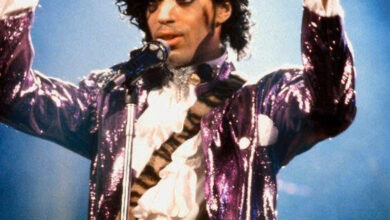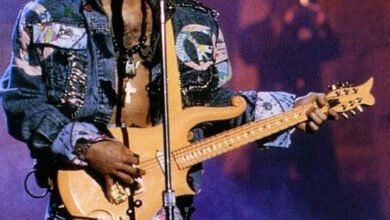Breaking Genre Barriers: How ‘Rebirth’ Set Lil Wayne Apart in the Hip-Hop World
OPINION: This article may contain commentary which reflects the author's opinion.
When Lil Wayne released Rebirth in 2010, he did more than drop a new album—he shattered expectations and disrupted the genre boundaries that had long defined his career. Known primarily as a titan of hip-hop, Rebirth took a sharp left turn, infusing rock, pop, and alternative elements into the rapper’s already eclectic sound. It was a bold, controversial move that set Wayne apart from his peers and marked him as a true musical chameleon.
The Journey to Rebirth
At the time of Rebirth’s release, Lil Wayne was already a well-established figure in the music industry. His previous album, Tha Carter III, had solidified his reputation as one of the greatest rappers of his generation, blending sharp lyricism with genre-defining beats. Yet, despite—or perhaps because of—his monumental success, Wayne wasn’t content with staying in his lane.
Rebirth was a deliberate departure from the familiar. Wayne had always expressed an admiration for rock music, and the album was a chance to explore that passion fully. While many artists blend elements of rock into their work, Rebirth was more than a fusion; it was a genre crossover, with Wayne diving headfirst into rock, playing guitar, and adopting a sound that was as unexpected as it was audacious.
A New Sound, a New Wayne
Tracks like “Prom Queen” and “On Fire” set the tone for the album, marrying Wayne’s signature rap flow with guitar riffs and rock-heavy instrumentals. While his use of auto-tune remained consistent with his previous work, the production felt rawer, more abrasive, echoing the energy of punk rock and alternative music. Wayne wasn’t just a rapper experimenting with rock sounds; he was an artist reinventing himself in real-time.
Critically, the album was met with mixed reviews. Fans who adored the slick beats of Tha Carter III were left divided, unsure of how to digest this new version of Wayne. Rock purists, too, were skeptical of his ability to authentically cross over into their domain. However, Wayne didn’t shy away from the criticism. For him, Rebirth wasn’t about satisfying everyone—it was about challenging the limits of what a hip-hop artist could be.
The Aftermath: Influence and Legacy
Though Rebirth didn’t achieve the commercial success or critical acclaim of his previous works, its significance can’t be understated. Lil Wayne was pushing the envelope, proving that hip-hop artists could—and should—be unafraid to explore different musical landscapes. In a world where artists are often pigeonholed into specific genres, Wayne’s experimentation paved the way for future genre-bending acts.
Fast forward to the present, and you can see the seeds of Rebirth’s influence in the careers of artists like Travis Scott and Post Malone, who effortlessly blend rock, pop, and hip-hop into their soundscapes. Wayne’s willingness to break genre barriers gave other rappers the confidence to follow suit, to color outside the lines, and to pursue musical diversity without fear of alienating their fan base.
Breaking Genre Expectations
Rebirth also marked a personal milestone for Lil Wayne. It was an album that proved he wasn’t just an artist defined by his raps, but by his willingness to experiment and evolve. By stepping outside his comfort zone, Wayne showcased his versatility as a musician and his refusal to be boxed in by the expectations of others.
As Wayne himself once said, “I’m a prisoner to my own thoughts.” Rebirth was a testament to that ethos—a project that allowed him to express his creative impulses fully, even if it meant stepping into uncharted territory. It was risky, ambitious, and polarizing, but above all, it was true to Wayne’s artistic vision.
Conclusion
In the years since its release, Rebirth has earned a place in music history, not just for its bold sound but for the conversation it started about the fluidity of genre. Lil Wayne’s willingness to break free from hip-hop’s traditional boundaries helped set him apart from his contemporaries, positioning him as a trailblazer who isn’t afraid to take risks. Today, Rebirth remains a reminder that some of the most groundbreaking moments in music come from stepping outside the norm—and Lil Wayne did just that.



